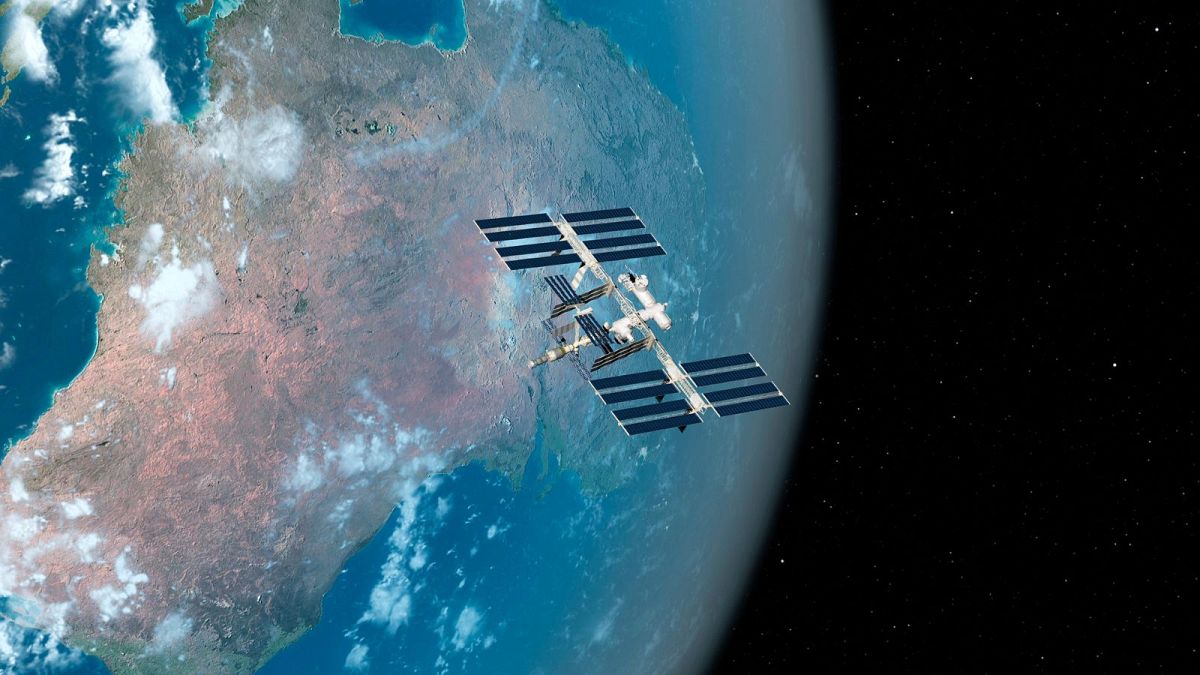Despite being in orbit, American astronauts can vote in the election thanks to a secure space-based voting process.
Astronauts on missions will also be able to vote in the US presidential election, even while they’re orbiting Earth.
American astronauts have been able to vote from space since 1997, thanks to a law passed in Texas, where NASA’s Johnson Space Center (JSC) is located.
The law allows “a person who meets the eligibility requirements of a voter… but who will be on a space flight during the early-voting period and on election day,” to cast their ballot from space.
The new legislation was enacted because American astronauts began undertaking long missions that lasted for months and could keep them away during elections.
The same year the law was passed, David Wolf became the first astronaut to vote from space while on a four-month mission aboard the Russian Space Station Mir.
So, how does voting from space work? Astronauts on a mission follow a process similar to absentee voting, where voters submit their ballots from outside their usual voting area.
According to NASA, the astronauts’ votes are transmitted the same way as most data between the space station and mission control, through the agency’s Near Space Network, which consists of a constellation of Earth-orbiting satellites.
NASA astronauts onboard the International Space Station (ISS) fill out their election ballots.
The ballots are then encrypted and uploaded to the space station’s onboard computer. They are then routed to NASA’s ground facility.
From there, the ballots are transmitted to the Mission Control Center at NASA’s JSC, which electronically delivers them to the astronauts’ respective county clerks for filing.
NASA also stated that the astronauts’ ballots are “encrypted and accessible only by the astronaut and the clerk” to preserve the vote’s integrity.
This process is also available to NASA astronauts Suni Williams and Butch Wilmore, who launched to the ISS in June aboard a Boeing’s Starliner spacecraft, but are now expected to remain in space until 2025 due to complications with the space capsule.

